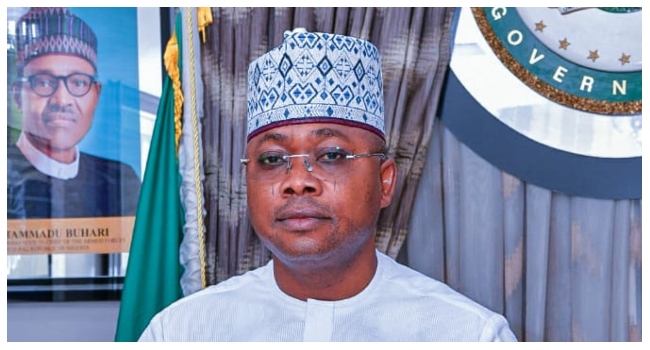
Rúben Amorim isn’t ready to get carried away by the growing optimism around Manchester United.
“You said it,” he reminded a reporter who mentioned the team’s improved form. “Three weeks.”
And he has a point.
Just three weeks ago, United faced Sunderland amid widespread speculation that Amorim’s job was on the line. The pressure was intense, the mood toxic, and reports suggested defeat could trigger yet another managerial crisis.
While senior club officials privately dismissed those claims—and minority owner Sir Jim Ratcliffe later did so publicly—the tension was real.
Then came the Sunderland match. United won it — a calm, professional home victory reminiscent of the club’s more dominant past under Sir Alex Ferguson.
That result sparked a turnaround. A week later, United claimed their first win at Anfield since 2016, defeating Liverpool in a statement performance. And now, after a 4–2 win over Brighton, a side that had repeatedly tormented them in recent years, Amorim’s men sit fourth in the Premier League with a positive goal difference.
After 11 months of near-constant criticism and unrest, Manchester United finally look like a team rediscovering their identity. The pressing is sharper, the confidence restored, and belief slowly returning to Old Trafford.
Yet Amorim is refusing to buy into the hype.
“The team is playing much better since we started this season compared to last,” he said after the Brighton victory.
“But you [journalist] said everything. It was three weeks ago. So, it can change in the next three weeks.”
His caution is understandable. United’s improvement has been built on small steps — consistency, discipline, and tactical clarity — rather than sweeping transformation. The progress is real, but fragile.
For now, though, after nearly a year of turbulence, Manchester United finally have something they haven’t had in a long time: momentum and hope.



